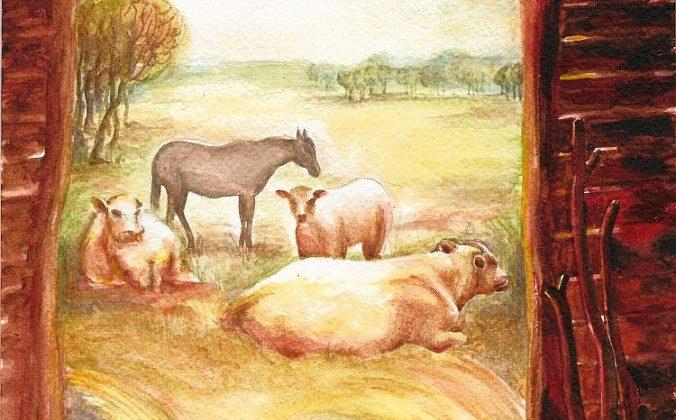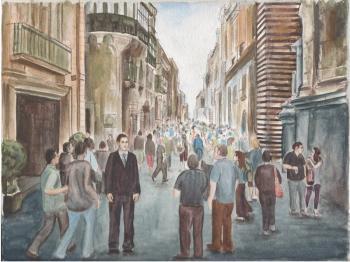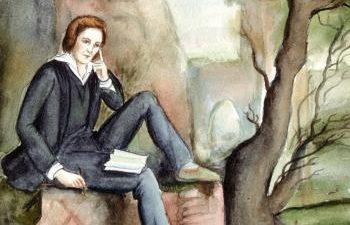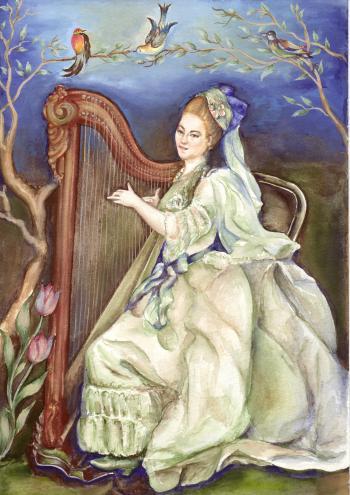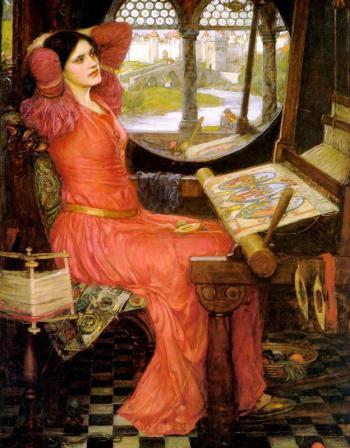Through the ample open door of the peaceful country barn,
A sun-lit pasture field, with cattle and horses feeding;
And haze, and vista, and the far horizon, fading away.
In Whitman’s poem we stare out of an ordinary barnyard door and the view is breathtaking and sublime. This “open” door is “ample,” suggesting not only its generous dimensions, but also the warm and welcoming spirit of the hands that built it. These words also convey the voice of Whitman’s poetry—his wandering, nomadic cheerfulness and almost greedy acceptance of the world. From our shared perspective, wild expansiveness is married to profound tranquility.
The door looks out onto “a sun-lit pasture field,” where the sight of animals feeding suggests fertility, growth, and abundance. We glimpse a pastoral setting that could be anywhere from Pennsylvania to California, yet which also evokes wondrous places from the Bible or classical myths. We could be in Eden or Arcadia. For a golden moment, America is paradise: the promised land running with milk and honey.
Beyond the clearly defined and very earthly shapes of the “cattle and horses,” there is another reality, less easy to grasp. It begins with haze, through which we marvel at the sweeping plains and panoramas of the epic American landscape, so unlike the contained, undulating lines of the English countryside. Our eyes strain to see what is beyond the haze, but everything fades at the horizon into blankness and bliss.
If poetry is anything, it is a door. We read the words, say them aloud and sense something within us opening. Then our mind steps through. Beyond that threshold can lie many things: greater understanding, maybe, or deeper feeling.
Each line of Whitman’s poem offers us a different aspect of life: civilization, nature, and the cosmos. By contemplating each one, we honor the complexity of our own being. In so doing, our vision of ourselves becomes bigger, vaster, and stranger.
Curiously, however, this farmyard scene is not real. It is a picture, a painting. Perhaps Whitman is telling us that it is only in art that we can catch the full truth of what it means to be alive. So reach for it then, before it slips away.
Walt Whitman (1819–1892) was an American poet, essayist, and journalist, most famous for his poetry collection “Leaves of Grass.”
Christopher Nield is a poet living in London.

